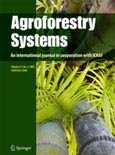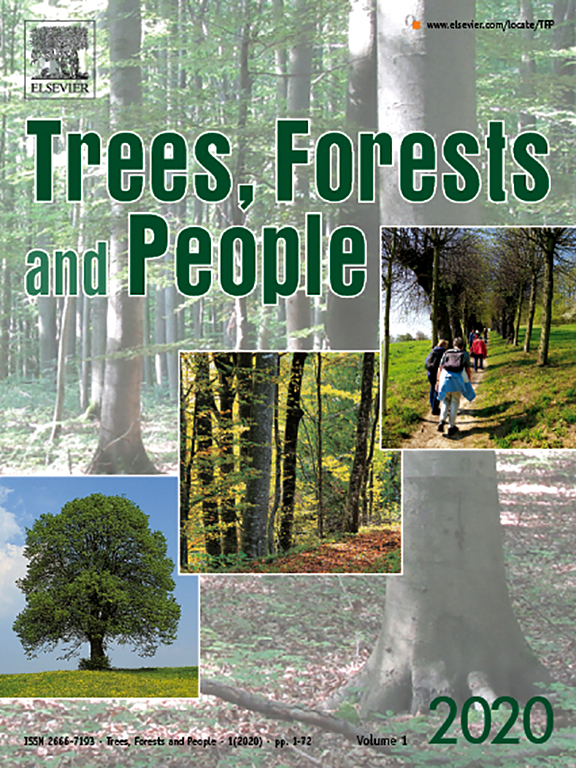The rate of forest cover loss in the humid tropics of Cameroon is one of the highest in Central Africa. The aim of the large-scale, two-year research project described here was to understand the effect of the country's economic crisis and policy change on small-scale agricultural systems and land-clearing practices. Hypotheses were tested through surveys of more than 5000 households in 125 villages, and through time-series remote sensing analysis at two sites. The principal findings are: (1) the rate of deforestation increased significantly in the decade after the 1986 onset of the crisis, as compared to the decade prior to the crisis; (2) the main proximate causes of this change were sudden rural population growth and a shift from production of cocoa and coffee to plantain and other food crops; and (3) the main underlying causes were macroeconomic shocks and structural adjustment policies that led to rural population growth and farming system changes. The implication of this study is that it is necessary to understand and anticipate the undesirable consequences of macroeconomic shocks and adjustment policies for forest cover. Such policies, even though they are often not formulated with natural resource consequences in mind, are often of greater relevance to the fate of forests than forest policy
Publication year
2001
Authors
Sunderlin, W.D.; Ndoye, O.; Bikie, H.; Laporte, N.; Mertens, B.; Pokam, J.
Language
English
Keywords
agriculture, change, deforestation, economic crises, household surveys, policy, structural adjustment
Geographic
Cameroon























